15th March 2024- Megson at Wesley Centre, Maltby
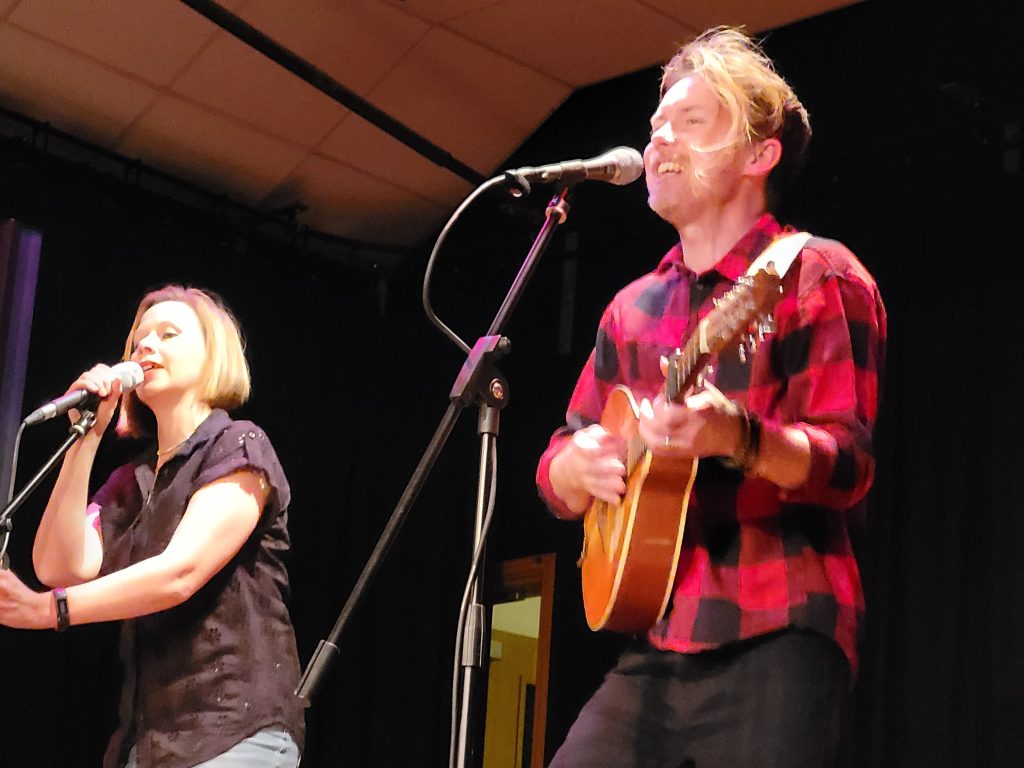
After having multiple plans since we first got into folk music; the stars aligned in the sky and we finally had the opportunity to see Megson live (here at The Wesley Centre in Maltby). Warm and inviting, and pretty much firing on all cylinders since we last visited around Covid times, Nick Wilson’s curation of […]
Merry Hell – Emergency Lullabies (review)
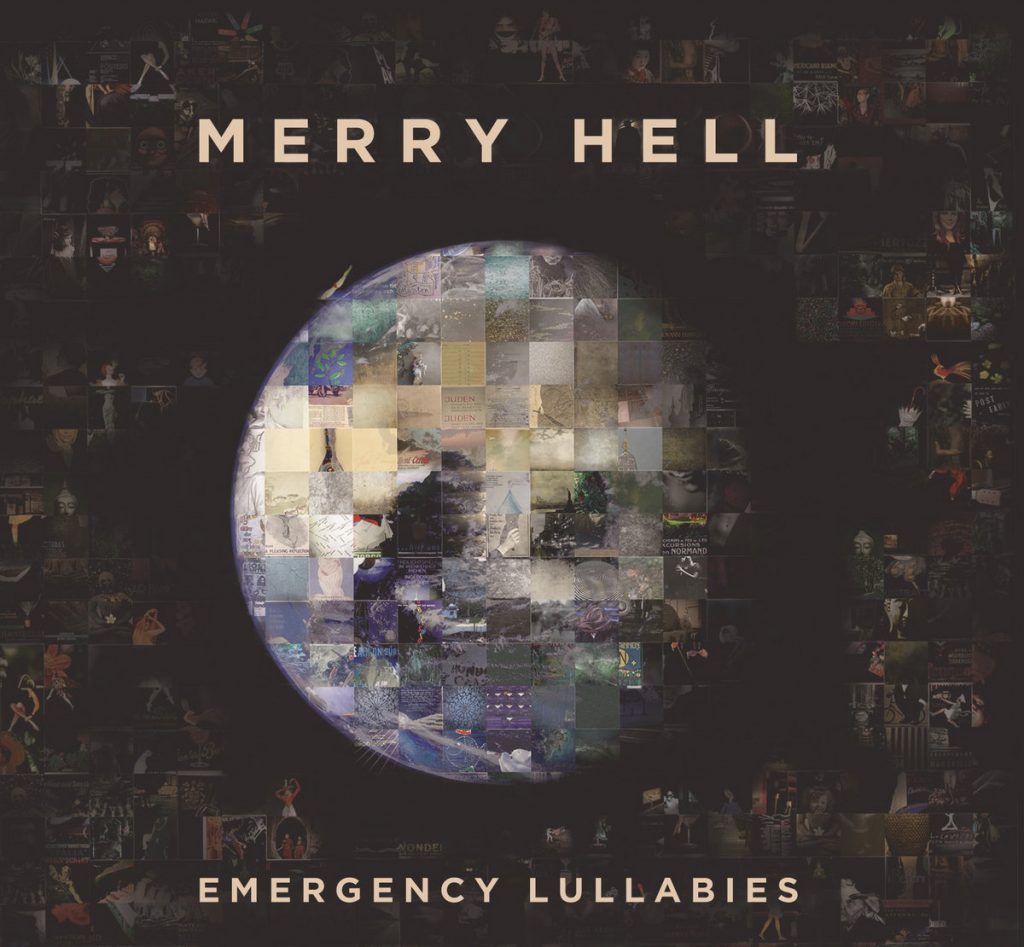
Exuberant and rousing with a few inspired sentimental stops, Merry Hell still have a lot to say with their sixth album. RELEASED NOVEMBER 2020 What can we say of Merry Hell? They are a band often seen on the live circuit with an impressive turnaround of albums (this is their sixth studio outing); you could […]
Lizabett Russo- “While I Sit and Watch This Tree” (album review)
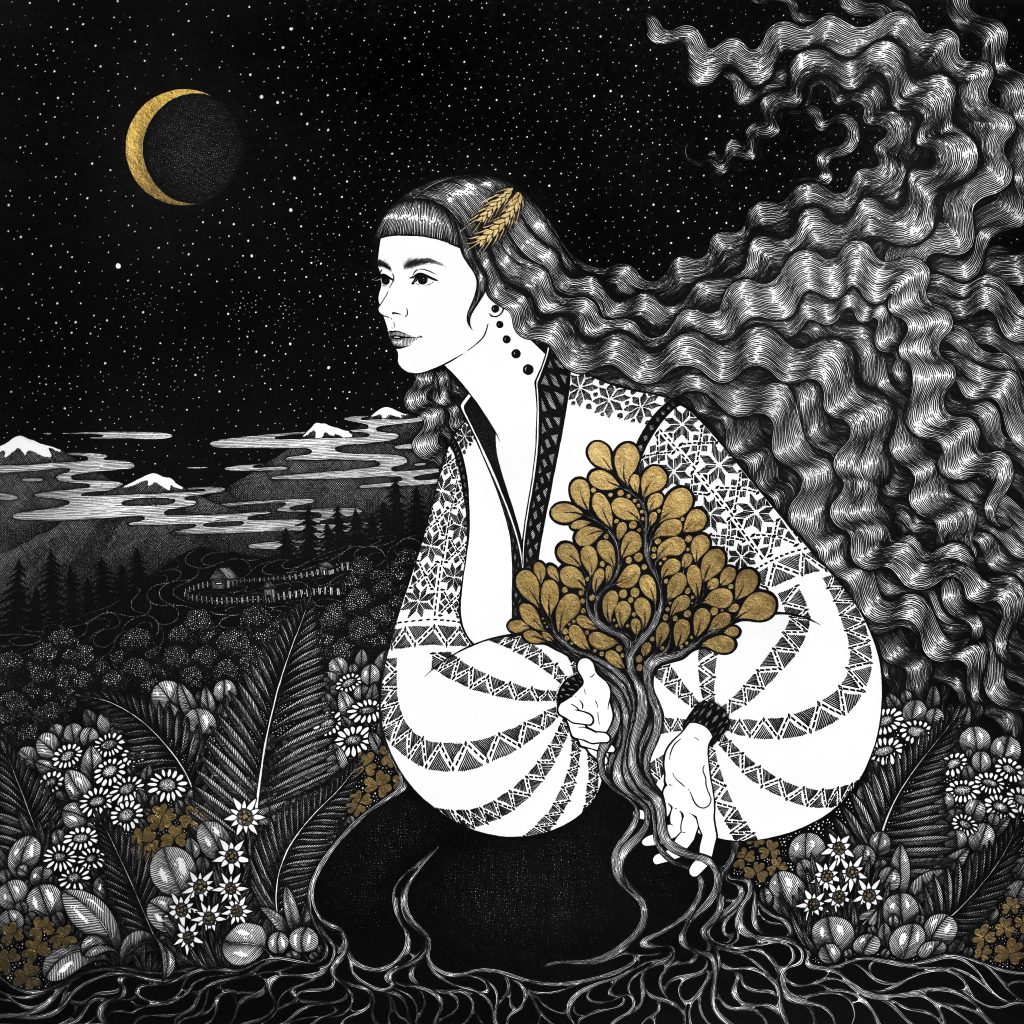
Russo’s album is a brighter, more focused affair that lets the positive rays of growth bring more optimism to her delightfully individual music. To Be Released: Late November 2020 Gathering her ideas from the characterful stream of her mind and hewing a sound from the knotty avant-garde folk tree, Lizabett Russo continues a work very […]
Will Pound- A Day Will Come (album review)
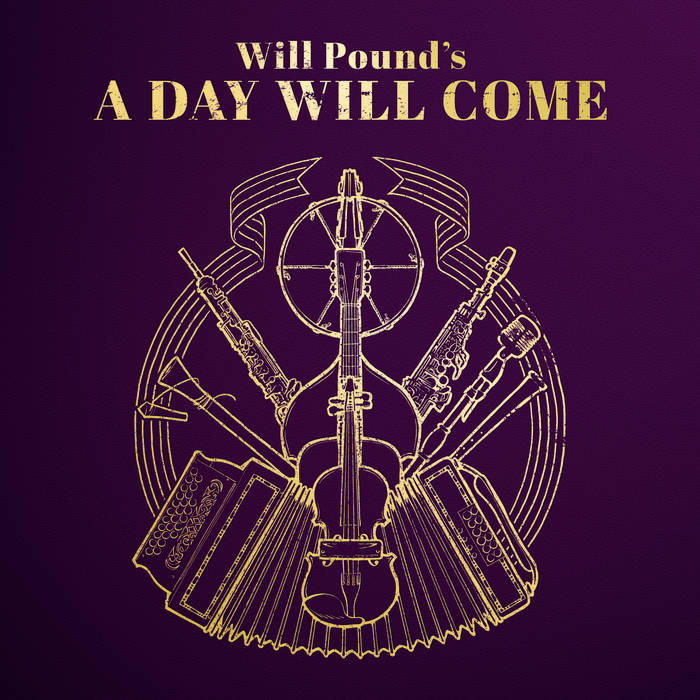
Breathlessly broad yet uniting; Pound’s love letter to the European idea and its people touches the soul. Released 8th May (Will Pound Lulubug Records). Will Pound’s Art’s Council funded work is an unbridled joy filled with light and cheers from every corner of your favourite continental bar. Much like our favourite A L’Imaige Nostre-Dame in […]
Hebden Bridge Folk and Roots Festival 2018 – What you missed
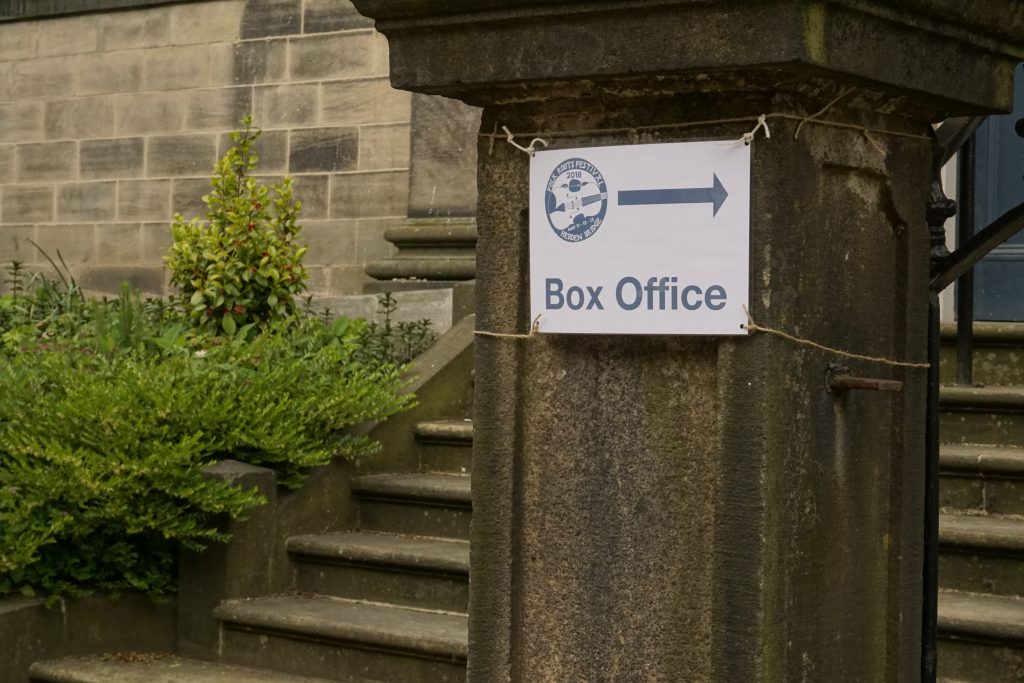
Hi I hope everyone’s good and enjoying the sun! So it’s been a few weeks since the Hebden Bridge Folk and Roots Festival, where the sun started to emerge and the musicians came out to entertain. We had quite a few highlights from the festival with (for us) an array of new talent and artists […]
Martin Carthy at Village Folk, Chellaston, Derbyshire – April 2017
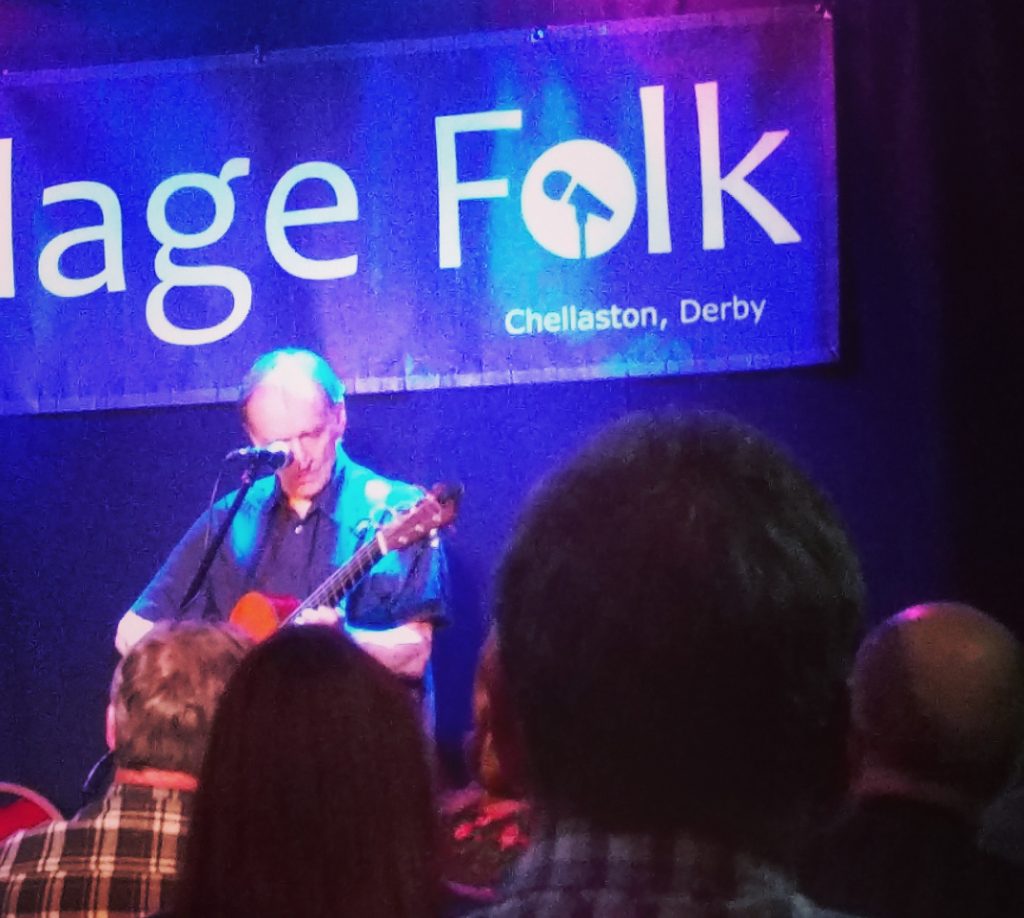
Village Folk – http://www.villagefolk.org/ In my past posts about Village Folk I have alluded to the venue (The Lawns Hotel) in Chellaston being very much like a fortress. On reconsideration, it may in fact be more like a castle. Whatever your mythological leanings and interests one thing for certain is that within English music Martin Carthy is […]
Geoff Lakeman – After All The Years – A Review
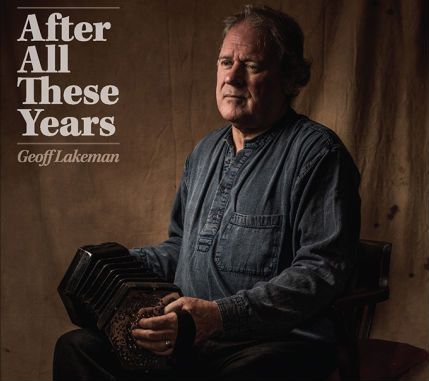
Observational and considered, Lakeman collects a squad of influencing folk artists that bring his rich imagination and celebratory character to life Released 3rd February 2017 Geoff Lakeman, in a rather circular and interesting path has recorded his debut solo entitled “After All These Years.” What I mean of course is that Geoff is known to […]
Merrymaker at Village Folk, Chellaston 28th January 2017
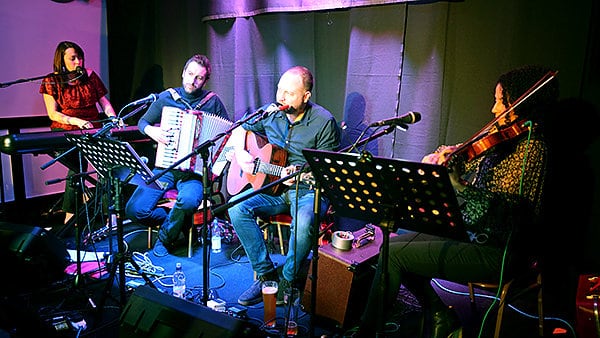
During a brief hiatus to the excessively cold weather last month, I had the pleasure of heading down to Chellaston in Derbyshire for a gig at the Lawns Hotel to see Merrymaker. High over the street like a small fortress on top of a rocky outcrop; the Lawns Hotel is indeed a hotel (and pub) […]
Steve Pledger’s – “Somewhere Between” Album Review
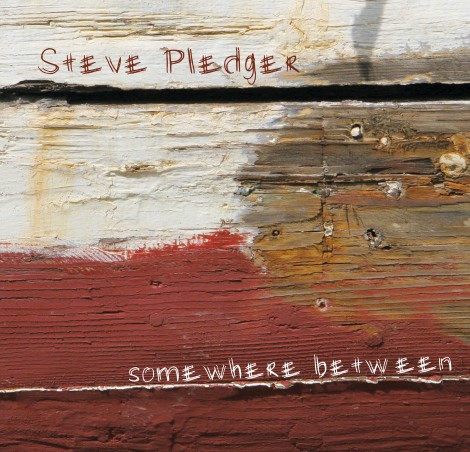
A self-assured album from Pledger, whose writing has clearly grown in skill. The lyrics are pleasingly concise, yet emotive and manage to capture other people’s viewpoints very well. It always persuades, but sometimes astonishes. Introduction to Album Steve Pledger is back with “Somewhere Between” his second acoustic-offering that continues to move across the themes […]
Merry Hell’s Bloodlines – Album Review
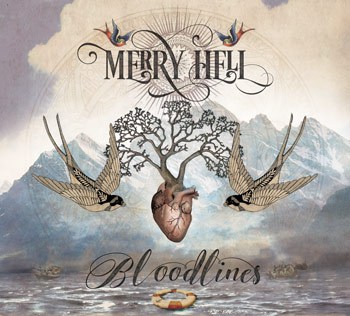
Release Date – 1 November 2016 Merry Hell are certainly putting their hours in. There are a working band with new disc “Bloodlines” coming out within two years since their last album, “The Ghost in Our House” (2015). They are in the middle of an exceptionally busy looking tour schedule too (with dates being filled […]